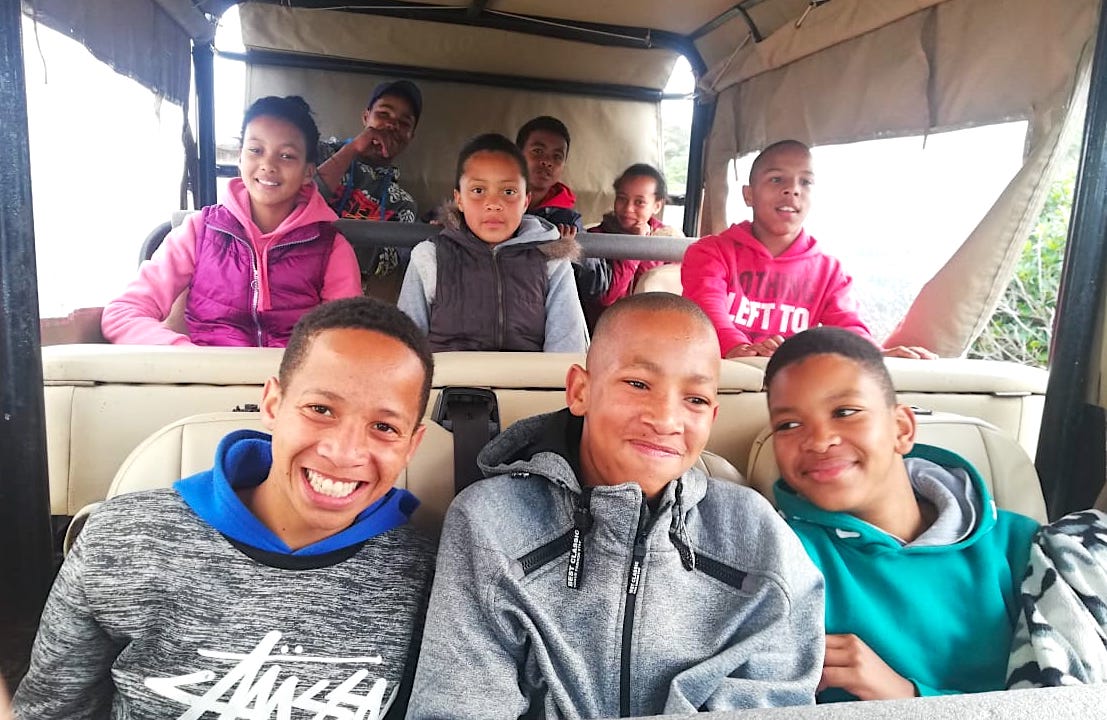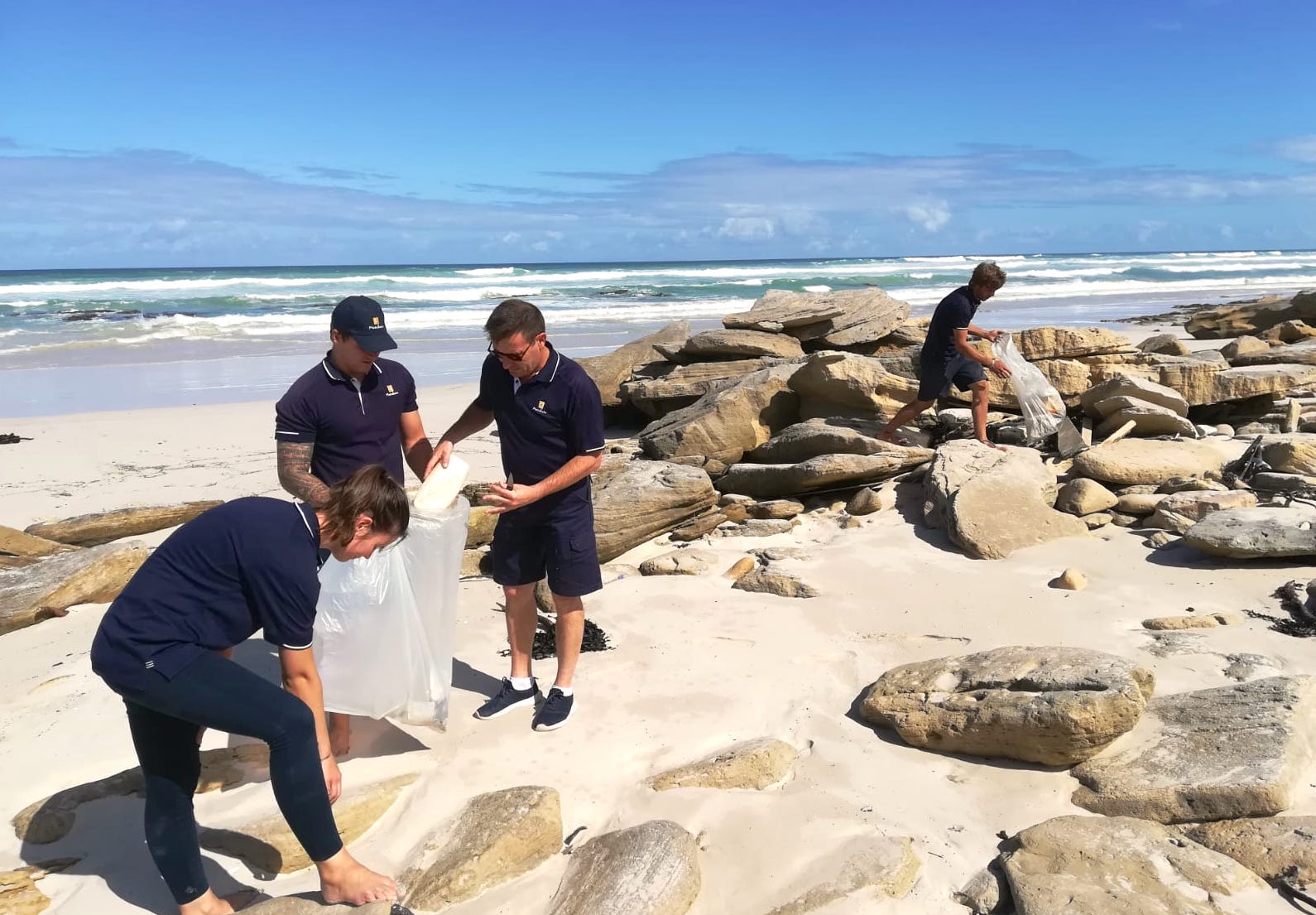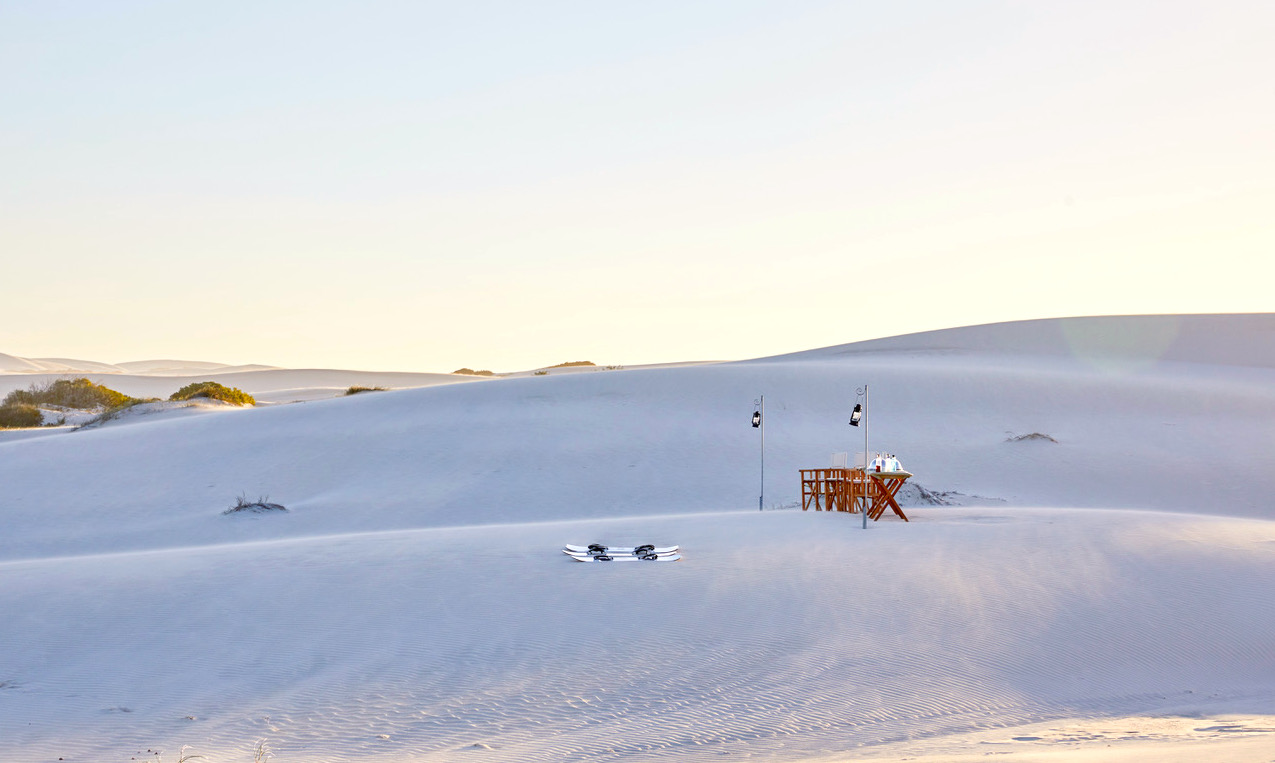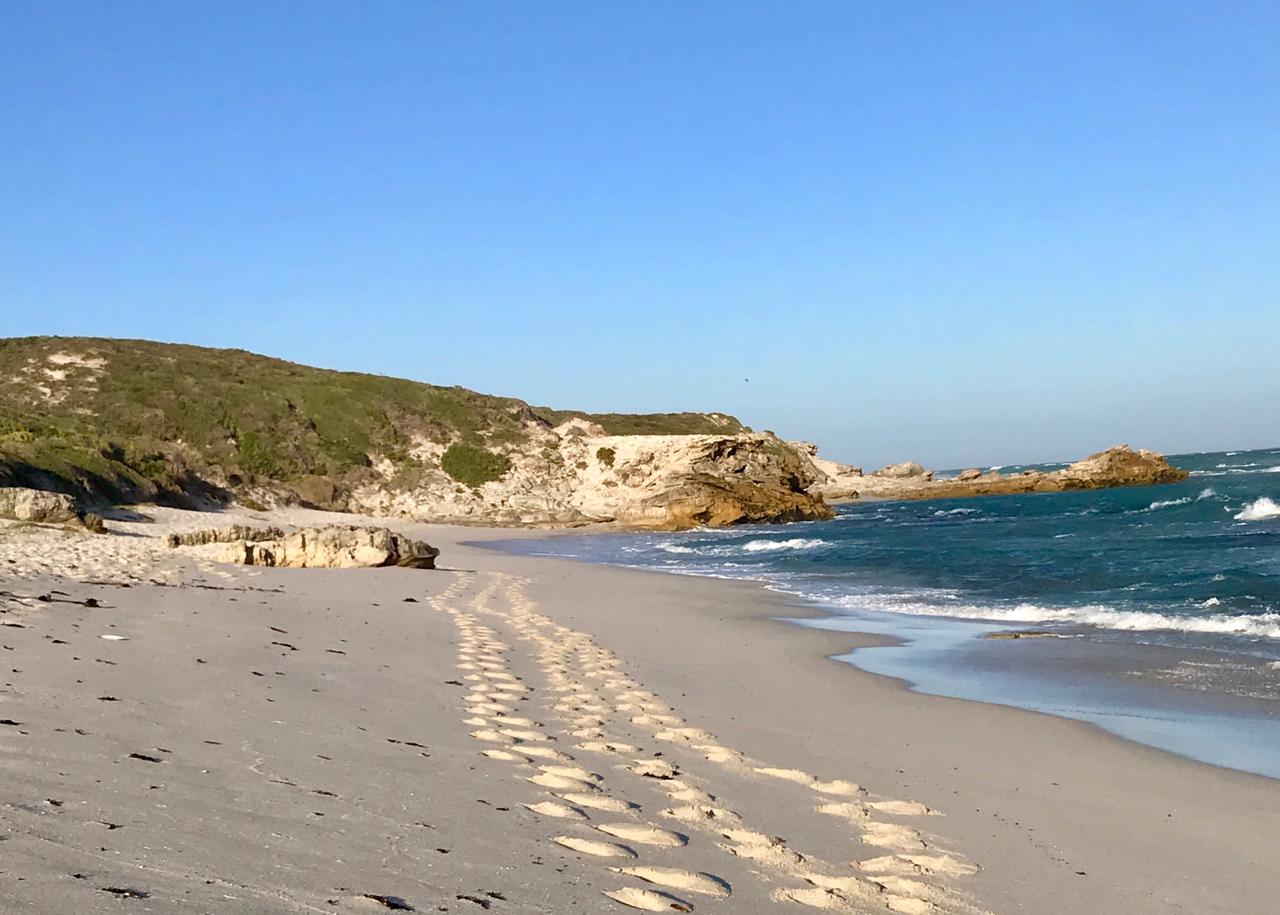This Saturday 19th September is International Coastal Cleanup Day, which raises awareness of preserving and protecting the world’s oceans. The French explorer and marine-conservation pioneer Jacques-Yves Cousteau, said: “Water and Air, the two essential fluids on which all life depends have become global garbage cans.” And never before have his words rung more true. According to expert calculations, there are 5.25 trillion pieces of plastic in the ocean.
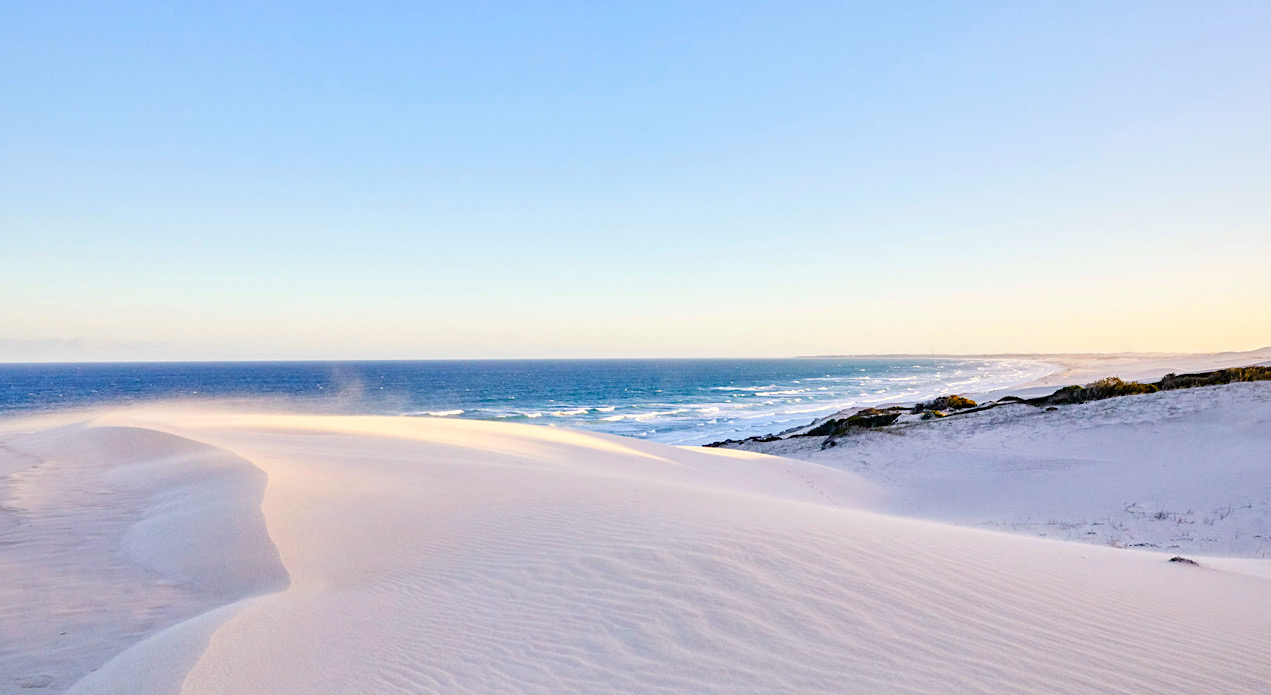

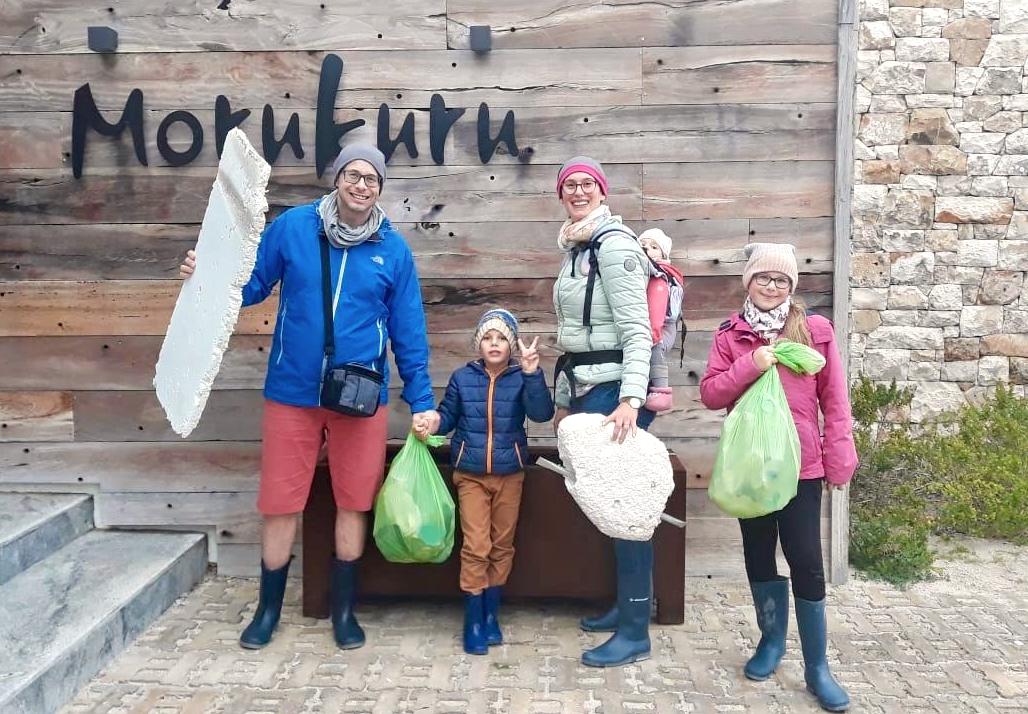

Morukuru Ocean House and Morukuru Beach Lodge are both situated within the De Hoop Nature Reserve, but this protected location doesn’t mean our beaches are exempt from litter. When our guides and guests are out on marine walks, they actively collect rubbish and plastic debris. But this alone is not enough to tackle the scourge of litterbugs. So the Morukuru Goodwill Foundation (MGWF) decided to join forces with our local Ouplaas Primary School to tackle a beach cleanup.
Twenty five Grade 6 and 7 pupils volunteered to help, and this outreach programme was an opportunity to discuss the effect pollution has not only on beaches and oceans but also the environment in general. The school children learnt that some plastic lands up in our oceans by being directly dumped into the sea or by being carried by the wind, rain and floods; other everyday plastic also ends up in the sea because garbage is not correctly secured or recycling is ignored.
